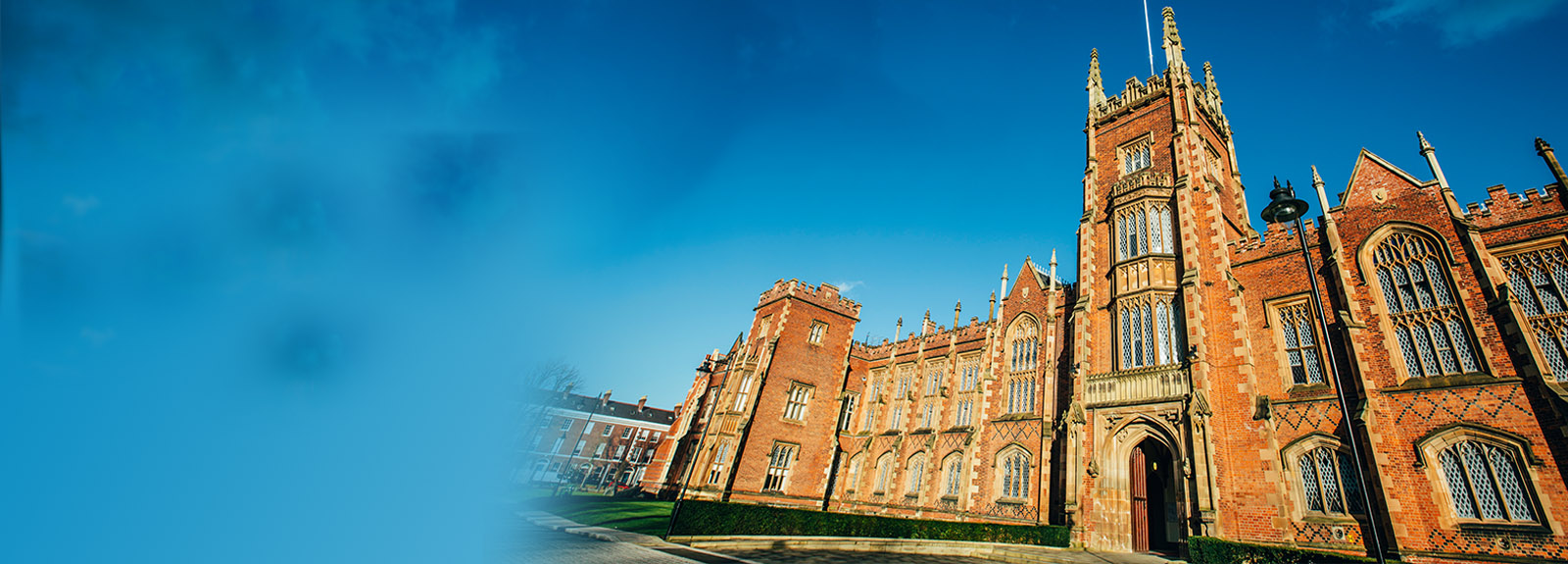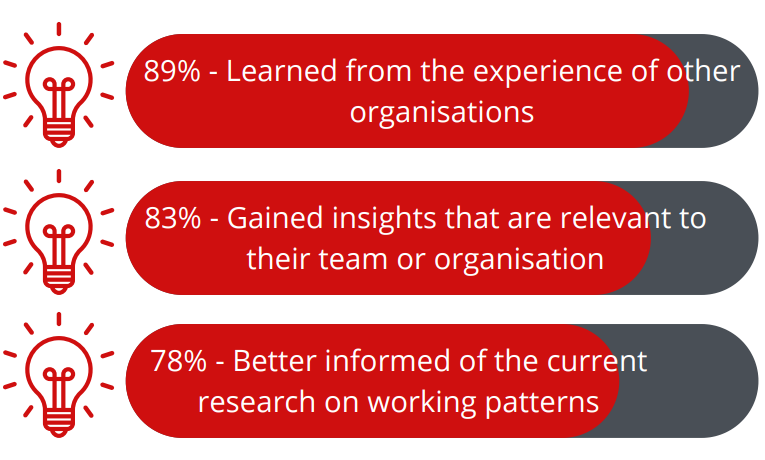Future of Work Event
"Our Engendering Solutions project brings us together today - harnessing values, digital enablers, and innovative thinking to create the future of work."
Professor Karen McCloskey (Director, Queen’s Gender Initiative)
The Queen’s Gender Initiative recently hosted an online gathering of 70+ attendees focussing on the ‘Future of Work.’
Chaired by Jackie Henry MBE (Managing Partner for People and Purpose Deloitte and Senior Office Partner Belfast), an engaging panel of speakers from industry, the NI public sector and Queen’s University discussed the changing landscape of how, when and where we work.
The panel reflected on working models, workplace culture, wellbeing, sustainability and lessons learned by organisations during the pandemic.
Orla Corr OBE (Member of Senate, Queen's University Belfast and Chair of QGI Executive Committee) opened the event by reflecting on the pandemic and highlighting that experiences have not been uniform across staff sectors and cohorts. Professor Ian Greer (President and Vice-Chancellor, Queen’s University Belfast) welcomed the opportunity to share multi-sectoral experiences and Professor Karen McCloskey (Director, Queen’s Gender Initiative) provided insights into the lessons learned so far from the Engendering Solutions project at Queen’s.
Here, we share some key messages and highlights from the speakers, reflections from Queen's University staff and feedback from attendees.
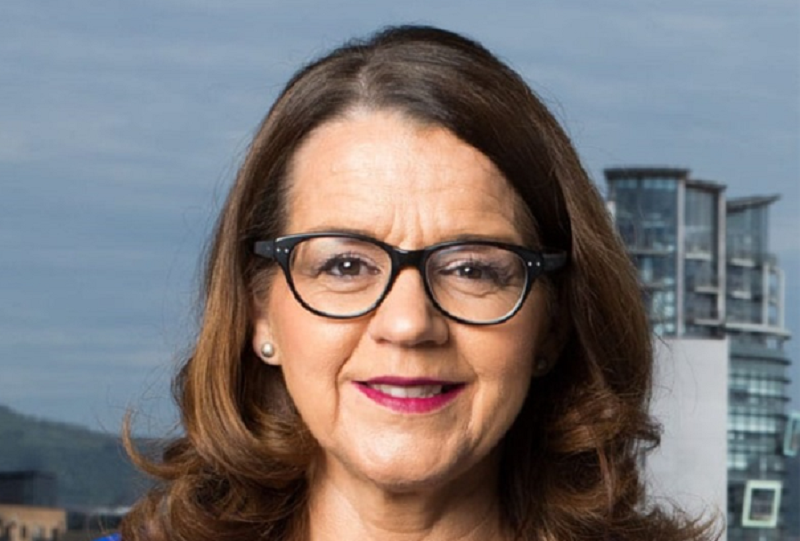
“The pandemic has been a challenging time for industry leaders, particularly being a leader in a virtual world. We face a race for talent, and new worker preferences, reinforced by the pandemic, are here to stay. Workers have choices and are opting to do other things. While industry has responded quickly to implement remote and hybrid working, the challenge remains in the longer term to rearchitect work, rethink the composition of the workforce and the role of the workplace to win the race for talent.”
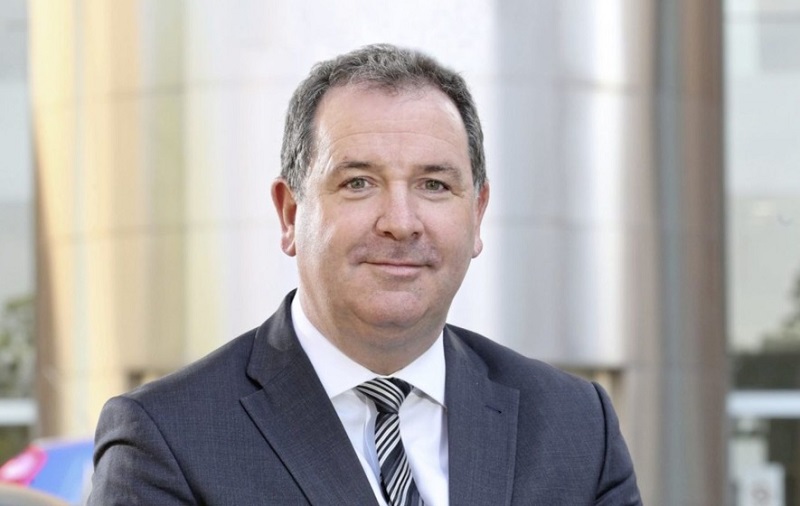
“The future ideal is to create a hybrid workplace which combines the best of the digital and physical worlds. As Professor Lynda Gratton of London Business School says: ‘new hybrid arrangements should never replicate existing bad practices’. And of course, it isn’t just leaders who shoulder the responsibility for this. We all need to become ‘ambidextrous’ — able to balance between and navigate across both physical and digital worlds. Skills such as adaptability, ability to navigate complex environments, trustworthiness, and the ability to communicate a strong personal brand are likely to be invaluable. Those who don’t have these skills are likely to struggle.”
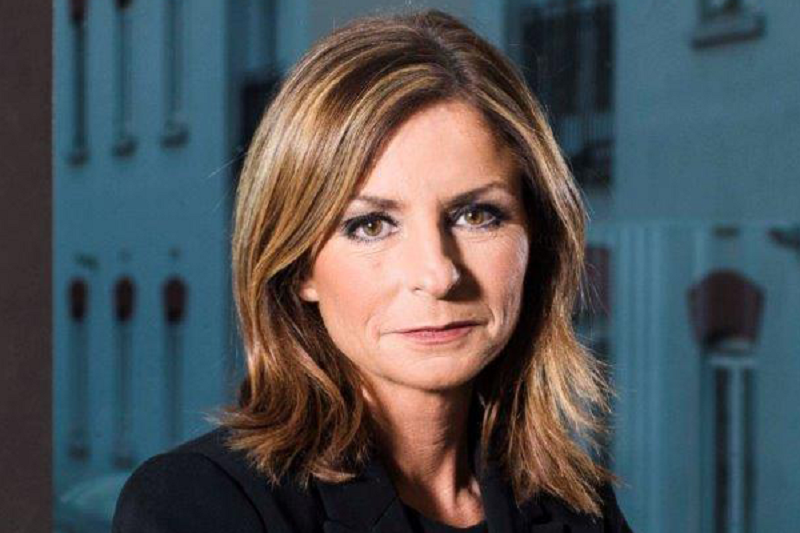
“While the impact of the pandemic has been felt by everyone, it has particularly affected those from more marginalised or under-represented groups who may feel isolated or face more challenges, even in the best of times. The Civil Service therefore refocused its diversity & inclusion activities to deliver on a number of key areas, including our staff policy on Domestic & Sexual Abuse; staff networks who provided valuable peer support and connection at a time of isolation; and entry routes into the Civil Service particularly aimed at those furthest removed from the labour market.”

Margaret shared valuable lessons learned from the health service and its response to the Covid pandemic. Reflecting on the changes to working patterns in other sectors resulting from Covid, she highlighted that “one-size does not fit all.” For the health service, working patterns need to be “fit for purpose” and responsive to patient needs. Margaret referred to the importance of recognising and seizing the opportunity in chaos, ‘carpe occasionem.’
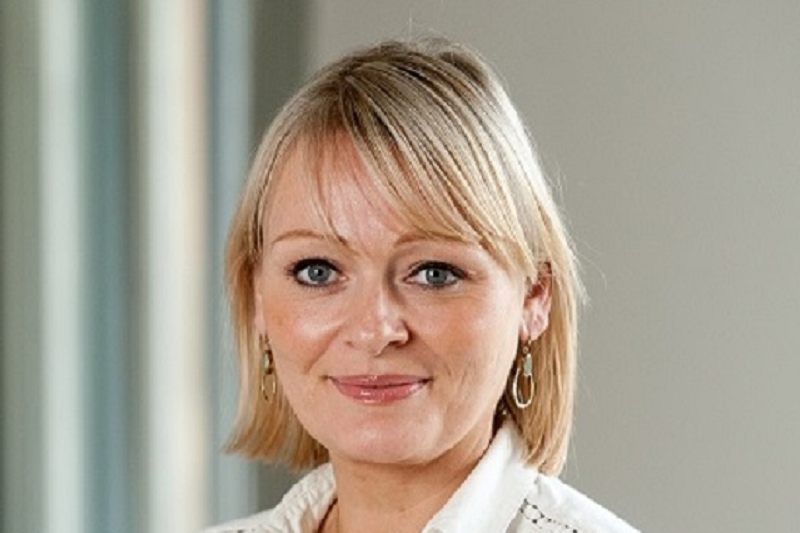
“The world of work is changing, and at Queen’s, our approach to how we work is changing too. We strive to provide the best possible employee experience, and a key part of this is ensuring that all staff feel valued members of our community who are trusted to work in a way that works best for them while ensuring the University continues to provide outstanding teaching and learning and generates internationally leading research. Staff have told us that working flexibly is an important benefit and one they would like to retain post-pandemic. In response, we reviewed the formal Flexible Working policy and now Queen's offers all staff a day one right to request flexible working. We have also launched a 12 month 'Agile Working' pilot to provide for informal flexibility, and we are committed to continuing to seek staff feedback, measure impact and foster an inclusive working culture”.
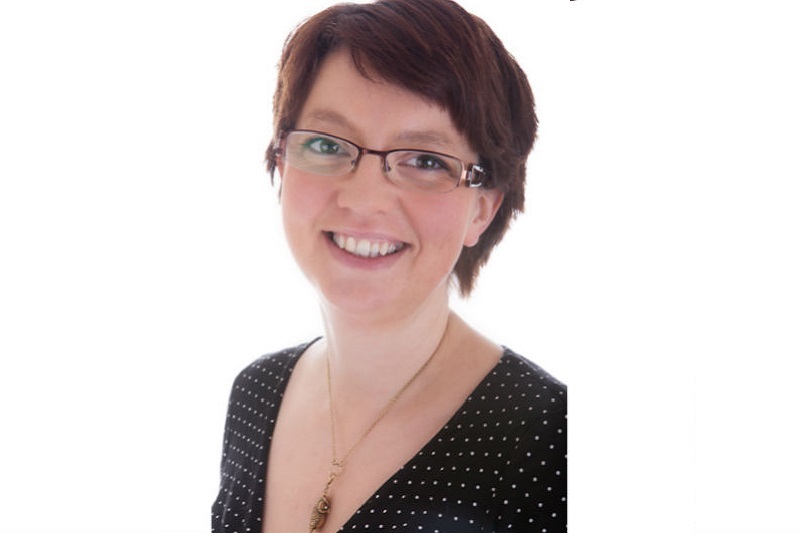
"The benefits of collaborative work environments are clear but the flexibility that many of us have enjoyed since the worst days of the pandemic passed also bring benefits that we don’t want to lose. So The QGI Future of Work event was very timely. It started a conversation about how to ensure we keep the best parts of both environments while guarding against the pitfalls. I was really reassured to hear during the panel discussion that employers are putting policies in place before problems arise for example, concerns about a “Us (in work) and Them (WFH)” culture and how this might impact on progression and promotion. The key learning for everyone I think was that no one option will suit every area of any business nor all employees within it so we need to provide options and lots of them!"
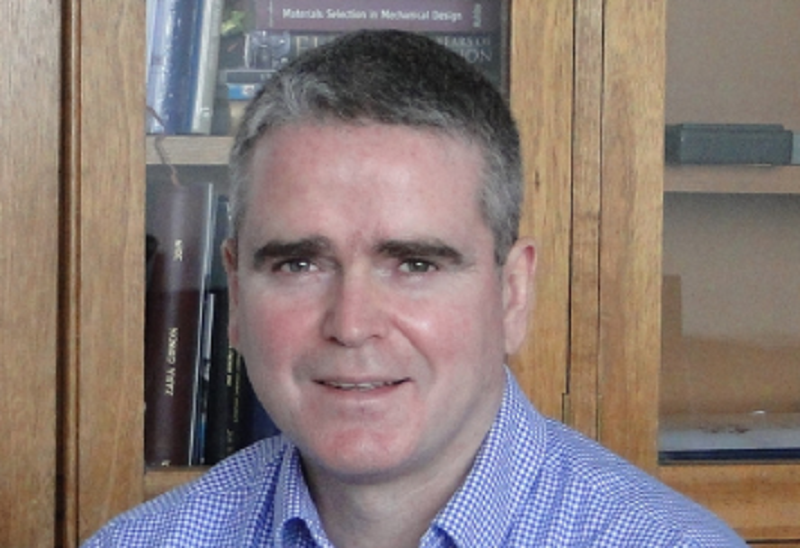
"We currently find ourselves in the midst of an unprecedented period in human history. There were no organisational protocols or instruction manuals for managing our collective transition to Covid safe working when the pandemic started. It is clear from the contributions at the Future of Work event that organisations across domains, have learned by necessity where traditional approaches to workforce management fall short and where new approaches were required. Digitalisation has played a significant role in this process and although this has addressed operational and communication based requirements of many job functions, inclusivity and individual wellbeing continue to be a challenge. Despite the sectoral diversity among the speakers and the audience there were many similarities in terms of their pandemic experience making this a useful and timely event as we plan for our future work places and patterns beyond Covid."
What are your thoughts on the future of work? Let us know @QGI_QUB
Further information on the Queen’s Gender Initiative
